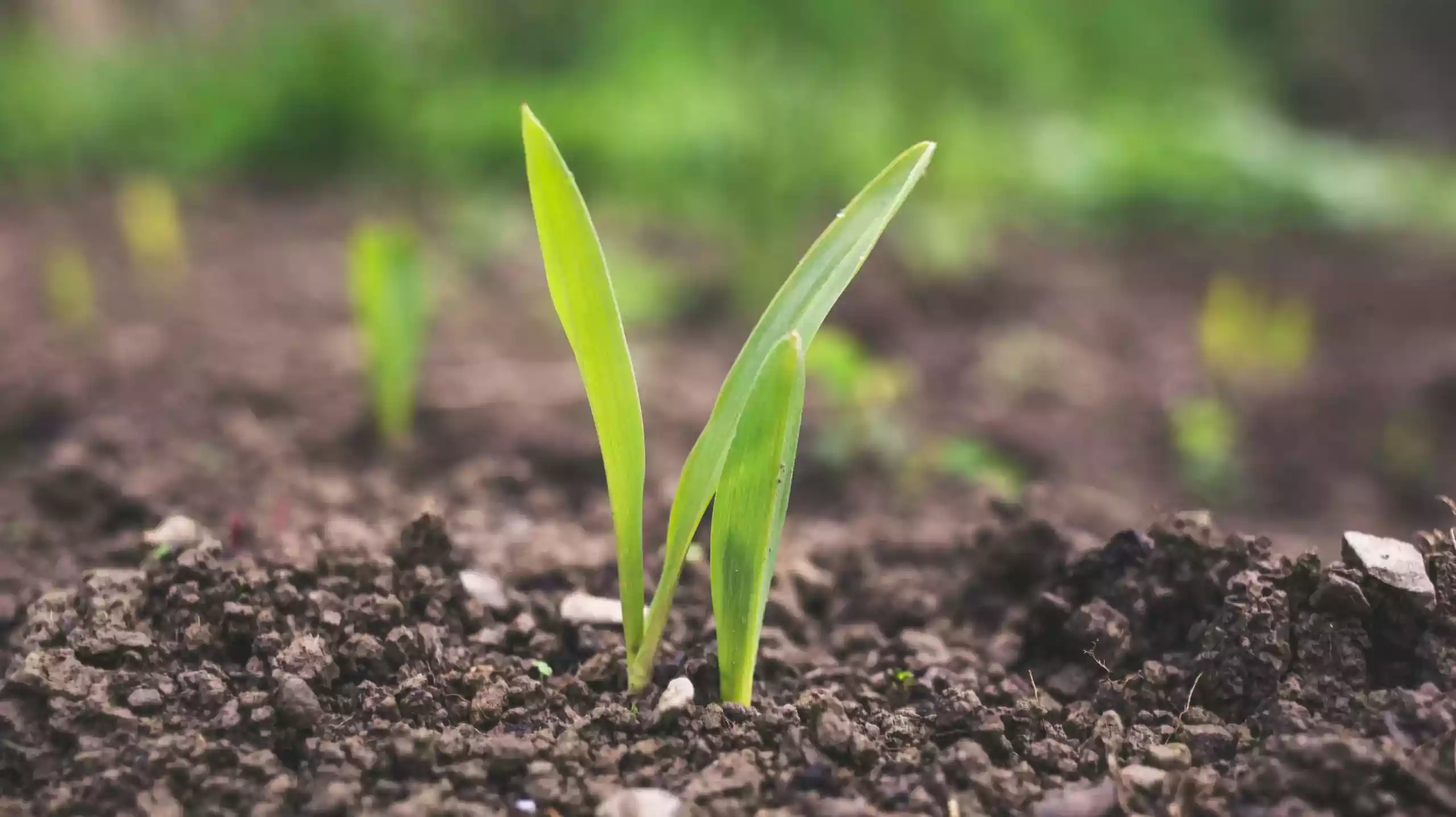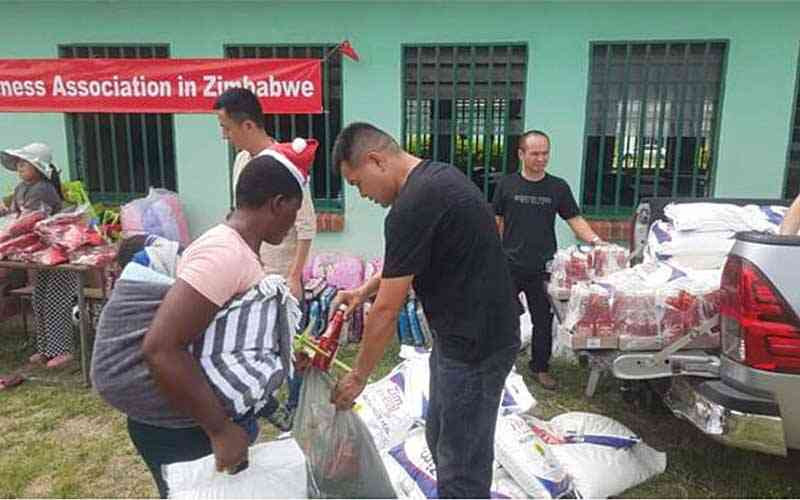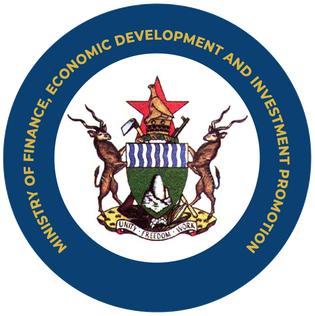
FOOD sovereignty should be the foundation of all efforts to transform African food systems towards sustainability.
However, the fact that African policymakers, academics and development agencies prefer to talk in terms of food systems transformation instead of food sovereignty suggests they are probably scared of the political dimension of food sovereignty.
Unfortunately, food systems transformation has been diluted to a point where it now means anything to anyone.
Referred to as the right of people to define their own food and agricultural systems as well as right to healthy and culturally appropriate food, food sovereignty has never been so relevant to African communities especially in contexts characterised by a changing climate and rising geo-political tensions.
Pathways to building a sovereign food system
With calls to transform African food systems getting louder, there is some emerging consensus that something is very wrong with current food systems.
However, to be more meaningful, transformation should be expressed in the context of reshaping African food systems.
In that vein, the ideal starting point is answering questions like: What is the current shape of African food systems and why should we reshape those food systems?
- Open letter to President Mnangagwa
- Feature: ‘It’s worse right now than under Mugabe’: Sikhala pays the price of opposition in solitary cell
- Masvingo turns down fire tender deal
- Human-wildlife conflict drive African wild dogs to extinction
Keep Reading
What has been wrong with the progression of our food system over the years? How have the food systems changed over a certain period such that it is now time to embrace transformation? A related question is how sustainable are African food systems?
Sustainability is about food sovereignty. If something is said to be not sustainable, it means it is supported by systems that may cease to exist anytime.
For instance, depending on external inputs is unsustainable and, therefore, an attack on food sovereignty.
It is through a food sovereignty analysis that communities can be able to see the extent to which their food baskets can be identified as truly African in terms of cultural appropriateness and identity.
Advocating healthy and culturally appropriate food implies there is also food that is unhealthy and culturally inappropriate.
The ability to differentiate local from imported food systems is a key part of food sovereignty.
What does independence mean if you are not food sovereign?
Achieving independence around food baskets is as important as political independence and that starts from favourable policies.
In every country, policies guide the development of any sector, including food systems.
That is why African policymakers should ask themselves to what extent their policies support purely African food systems.
The big elephant in the room is that most African policies were adopted from colonial masters.
Therefore, it is key to examine how these countries have reviewed their policies to be in line with their African food systems.
It is known that during the colonial era, policies were made to promote pro-Western food systems to support production systems that would replace African food systems.
Colonialists wanted to use African climates, land, water and other resources for their own benefit.
After political independence, to what extent have current African policies been reviewed and re-purposed?
Where land reforms have been undertaken, to what extent have they been implemented through the African food systems lens?
It appears focus has been on getting resources like land and water for partial introduction of African food systems with more support going to Western food systems.
To what extent are existing policies collaborative or networked for a common goal? For instance, how does a country’s industrial policies speak to the food systems policy?
Importance of unpacking information and power dynamics
To what extent is information about current food policies available and utilised? Utilisation goes with support.
If information is available, to whom and how is it accessed and turned into a guide for supporting African food systems?
Information and policies can be available, but to what extent are they being utilised to support African food systems at national and regional levels?
This connects with identifying all relevant actors. Unless we understand food system actors, it will remain difficult to align policies with key supply chain nodes.
It is, therefore, critical to map the key food system supply chain actors from production to consumption.
From the actors, we move to understanding the composition of the national food basket as well as which part we are defining as African food basket.
The next step is assessing the percentage of what constitutes African food compared to others.
If purely African food is currently at 25%, what would be the position in the next three to five years?
Answering this question will assist in benchmarking and evaluating transformation.
Also critical is finding out who is driving the African food basket and who is driving the non-African food basket as well as types or amounts of support going to the different food systems.
This inquiry speaks to power dynamics between food baskets (African and non-African). What factors influence actors participating in African food baskets?
What type of support is going to African food baskets and who is providing that support and at what capacity and level?
If much support going to African food at production is coming from development agencies while government and the private sector are supporting non-African food, that does not only show lack of policy support to food sovereignty, but also says something about power and priorities given to different food systems.
Who is supporting the development of African territorial markets and value addition of indigenous food? Where is the policy in these food supply chain nodes? All these questions relate to food sovereignty.
Who is influencing support for non-African food?
It is also critical to determine actors who are behind the influence and support of non-African food systems from production to markets.
What are the comparative advantages influencing the movement of resources from African to non-African food systems?
It could be that actors pushing non-African food are more resourced to the extent of influencing the policy direction.
How much information do we have about actors and their influence? Information might be available, but the devil is always in implementation.
For instance, national media might be promoting industrial value chains while the private sector is producing its own industrial seed as well as processing.
But how much information held by the private sector is allowed to be public?
Sometimes the private sector gets policy support to import inputs like fertiliser as well as commodities like maize and crude cooking oil without considering existing local food alternatives.
What has happened to collective action and co-ordination?
To what extent has collective action and co-ordination been disrupted compared to how food used to be produced during the pre-colonial era?
Through community dialogues, African elders can provide comparative analyses on what has changed in the African food systems and how.
For instance, in some communities there used to be collective sharing of labour, draught power and information on who has harvested so much in most communities.
Most of the resources were community-driven using collective efforts and co-ordination all the way from production to market.
Over the years, there have been many actors coming in to try and support communities. To what extent has external support disrupted collective action and local co-ordination of African food systems?
In some African countries, non-African food systems are being introduced through development interventions.
For instance, imported pastures are being brought into communities where indigenous pastures would be more sustainable and resilient if supported.
By driving profit-oriented value chains as opposed to food security value chains, private sector actors have exacerbated infiltration of indigenous food.
These actors identify land, water and labour to replace African food systems.
Collective efforts that were an integral component of resilient food systems have been destroyed, disrupting supply chains that used to be organised and co-ordinated through community-initiated supply chains from production to public markets and value addition.
As if that is not bad enough, external investment is not informed by the requirements of the majority of African markets.
This is seen in how private companies are replacing food commodities with non-food items like tobacco as well as mining. Land that is ideal for African food systems is being used to develop residential housing.
What does policy say to this re-purposing of the land? Inasmuch as some policies support production, most African policies have not invested in developing policies for African producers.
Are there policies that support mass markets in which the majority African food participate? There should be evidence showing the role being played by African mass markets in promoting the production, trading and consumption of African food.
African mass markets are operating in very competitive environments characterised by power dynamics with well-resourced corporates investing in fast food and using persuasive advertising to influence consumption patterns especially among the young generation.
What is the position of the policy to aggressive marketing of unhealthy, culturally inappropriate food systems?
Evidence of negative effects is abundant from the health sector, where cancers and diseases like diabetes that are associated with unhealthy food systems are now prevalent. What do African policies say about all these developments?
Charles Dhewa is a proactive knowledge broker and management specialist










